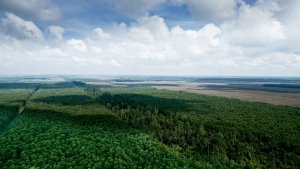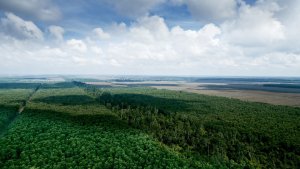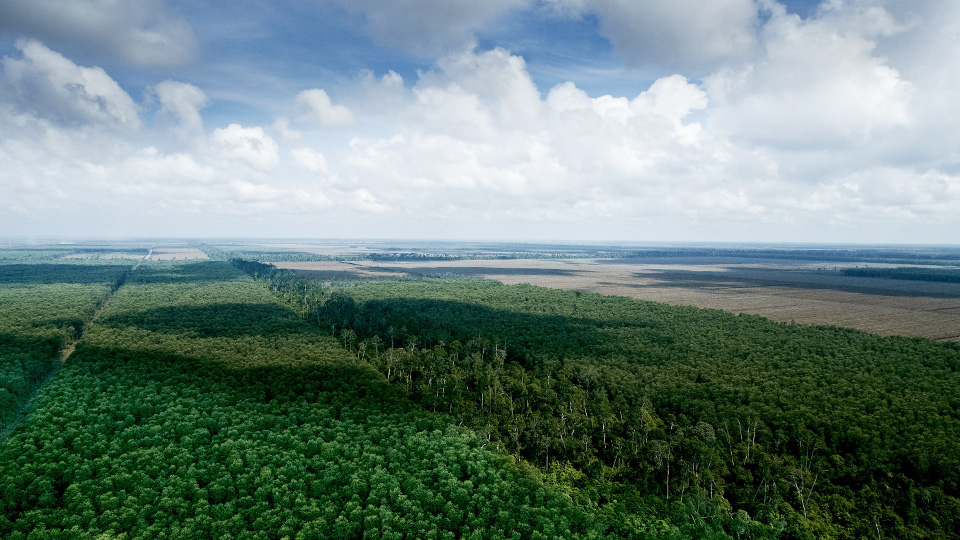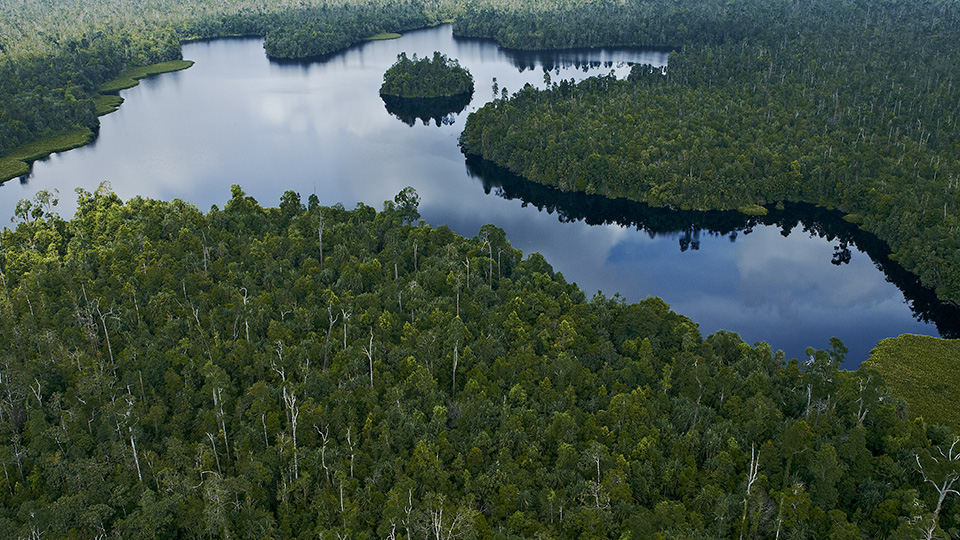RAPP helps Gunung Sari Village become successful Climate Village
- Details
With global warming and climate change on the rise, the Indonesian government has consistently reiterated the need to tackle the issue head-on.
One way the government is doing this is through the Climate Village Program, which encourages local communities to carry out climate change adaptation and mitigation activities.
These activities include proper waste collection and disposal, biogas production, composting, reforestation, and land and forest fire prevention.
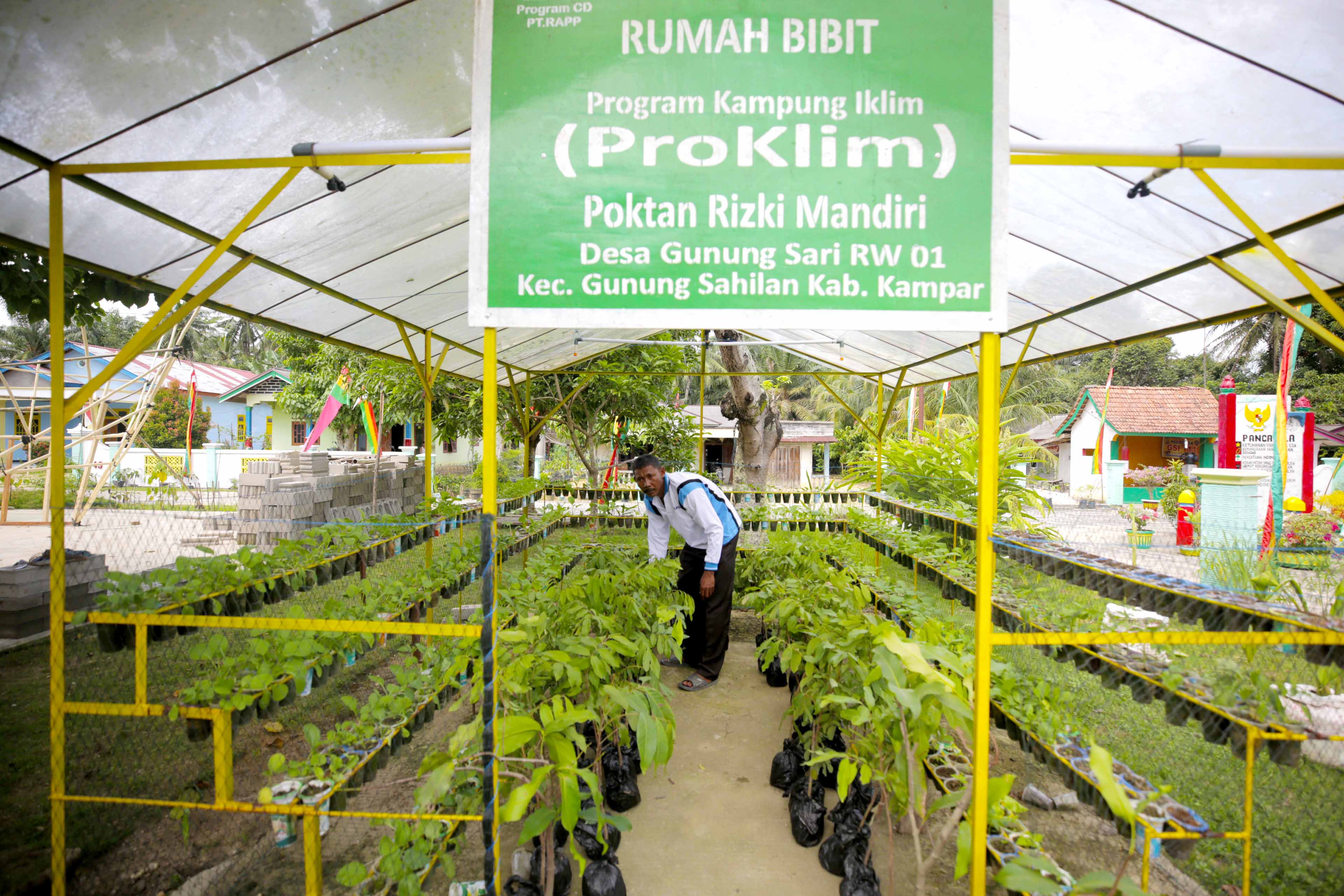
Climate Villages primarily ensure that their surroundings are clean and green, and stay that way, and that they are prepared to face any potential disasters of famine, drought or floods.
Among the villages heeding this call is Gunung Sari Village in Kampar, Riau. At the start of the government’s Climate Village Program initiative, the Gunung Sari residents realised the need to change the way things were done at their village.
There was plenty of land which was under-utilised by the community, and the village was severely lacking in greenery. The villagers were still carrying out non environmentally-friendly practices like land burning, and had little to no knowledge of how to keep greenhouse gas (GHG) emissions low.
The villagers were told that by becoming a Climate Village and implementing climate change adaptation and mitigation activities, Gunung Sari Village would become a lot greener and cooler in temperature, with rainwater harvesting and food security mechanisms to ensure their water and food needs would be met.
They were also keen to take part in the Climate Village Program to learn how to safeguard their health and prevent climate-related diseases in the village.
With the help of Riau Andalan Pulp and Paper (RAPP), the residents of Gunung Sari Village are today managing to support GHG emission reduction targets, while safeguarding their beloved village against the impacts of climate change.
RAPP partnered with Gunung Sari Village to implement the Climate Village Program, as one of its CSR initiatives. Under the partnership, RAPP provided assistance and training to Gunung Sari, particularly when the village was developing its food security program.
The food security aspect of the Climate Village Program sees Gunung Sari residents cultivating a variety of food crops with the use of seeds, fertilisers and farm training provided by RAPP, to ensure that the villagers’ food needs will be met and sustained.
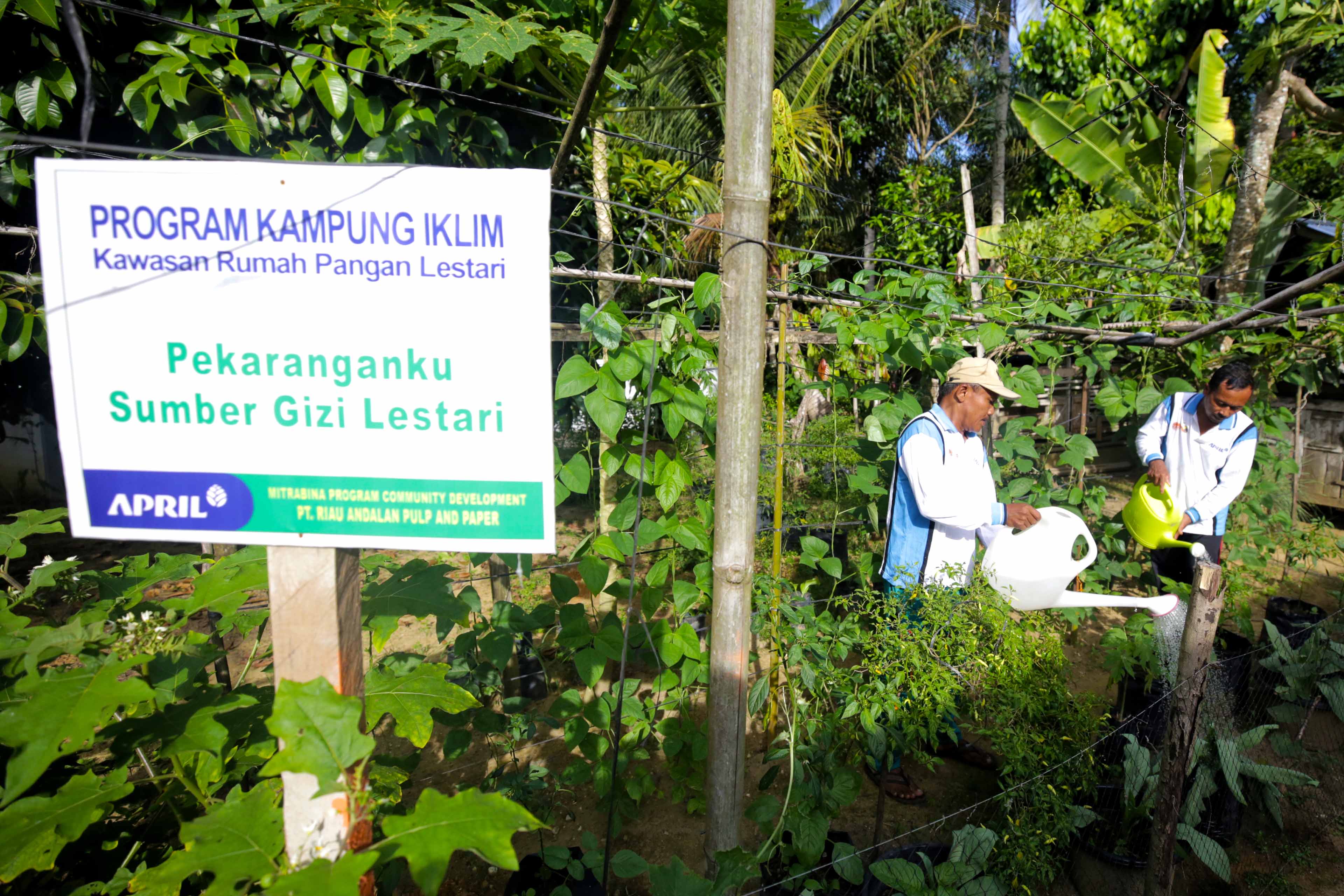
Besides their farms, residents are also trained on how to utilise their own gardens to grow plants which are useful to their families and neighbours, including vegetables and medicinal plants.
Indra Kurniawan, Head of Gunung Sari Village, said that “people can now get basic cooking ingredients by picking them directly from their own garden”.
“Partnering with RAPP and following their guidance have resulted in positive outcomes for our community,” he added.
Zamzuli Hidayat, Coordinator of RAPP’s Integrated Farming System (IFS) program, said that the company initially also helped to facilitate the collection of climate change adaptation and mitigation activity data.
A village will need to gather and record this data as part of the requirements to be officially recognized a Climate Village by the Indonesian Ministry of Environment and Forestry, he explained.
“We assist them and provide information in terms of what more can be done in their village. Through these activities, we hope that the community will be able to face climate change,” Zamzuli said.
RAPP has provided workshops to the residents on how to handle waste, training them how to compost organic waste and explaining how non-organic waste should be recycled or resold.
Gunung Sari Village has also started to use biogas as an alternative fuel, after being trained by RAPP on how to recycle cattle waste into methane gas, Zamzuli added.
“We help the community by providing the equipment required to carry out biogas conversion – typically, a used drum with a capacity of 200 litres can be used by one household for a day’s cooking,” he said.
Besides allowing the village to keep up their aims of being a successful Climate Village, the biogas also allows households to save on household expenses.
“We used to have to replace the regular gas in our gas cylinders once a week, but with biogas, we can use it continuously as a fuel source just by adding one or two buckets of cattle waste to the biogas digester every day,” said Indra.
Extra livestock waste is additionally used as fertilisers for the community’s crops, reducing the use of chemical fertilisers and damage to the environment, he shared.
Presently, Gunung Sari Village boasts much more greenery, and residents no longer worry as much as they used to in the past about how to grow food and get water.
The community no longer practices land burning, and mutually cooperates to maintain village sanitation and disease prevention by holding regular group meetings and bookkeeping for record purposes.
To date, RAPP has assisted seven villages in becoming Climate Villages: Lalang Kabung, Sering, Pelalawan, Teluk Meranti, Olak, Banjar Benai, and Gunung Sari. All seven villages are located near the company’s operational areas.
More Articles
